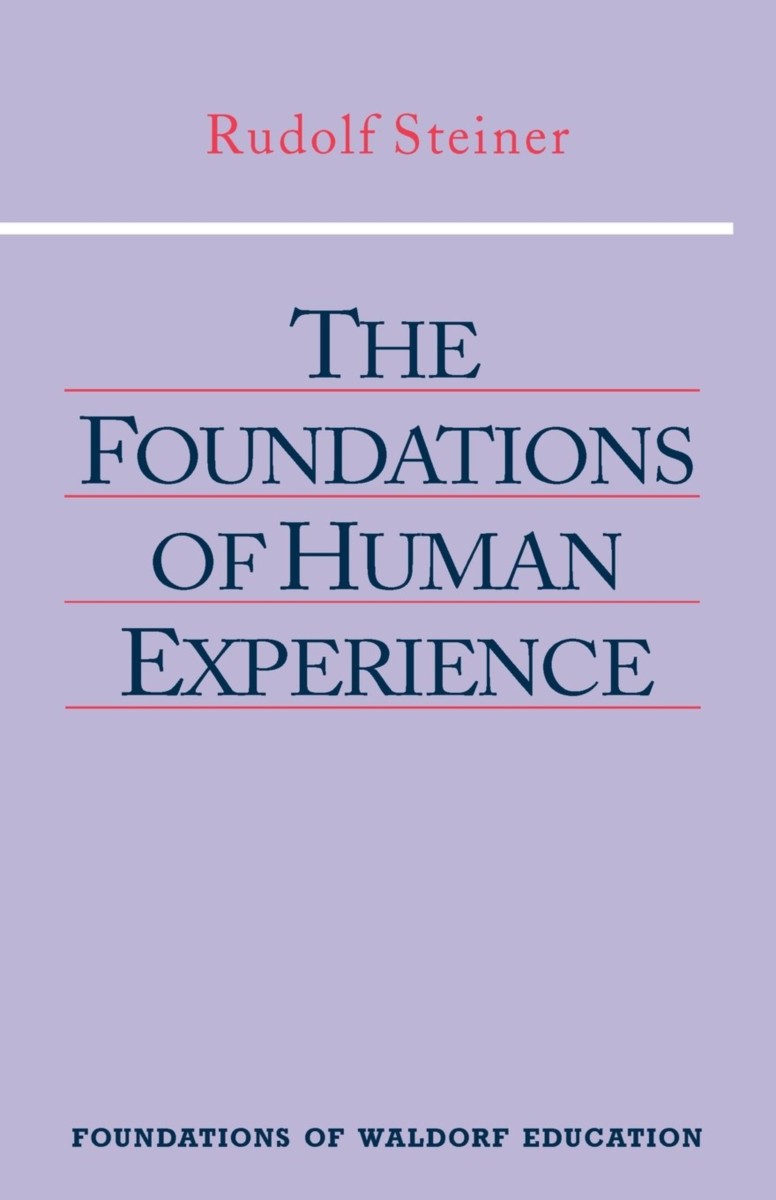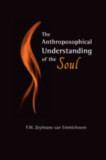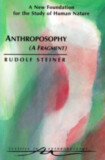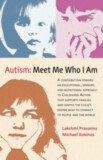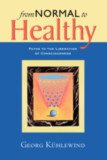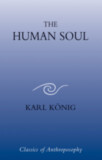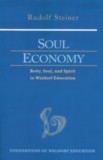Foreword by Henry Barnes
Introduction by Robert F. Lathe and Nancy Parsons Whittaker
Translated by Robert F. Lathe and Nancy Parsons Whittaker
- Publisher
SteinerBooks - Published
1st July 1996 - ISBN 9780880103923
- Language English
- Pages 348 pp.
- Size 5.5" x 8.5"
Opening address, Stuttgart, August 20, 1919
14 lectures, Stuttgart, August 21-September 5, 1919 (CW 293)
2 lectures, Berlin, March 15 and 17, 1917 (CW 66)
“Although we can physically see children only after their birth, we need to be aware that birth is also a continuation. We do not want to look only at what the human being experiences after death, that is, at the spiritual continuation of the physical. We want to be aware that physical existence is a continuation of what higher beings have done without our assistance. Our form of educating can have the correct attitude only when we are aware that our work with young people is a continuation of what higher beings have done before birth.”
—Rudolf Steiner
This course on education contains some of the most remarkable and significant lectures ever given by Rudolf Steiner. Because these lectures were given to teachers, however, they have suffered the misconception that they are useful only to teachers. Any teacher who wants to teach in a way that encompasses the whole child certainly needs a functional understanding of what Steiner presents here, but these lectures will also greatly benefit parents, psychologists, counselors, or anyone else involved with child development.
Steiner gives his most concise and detailed account of human nature in these lectures, which are absolutely essential for anyone who wants a deeper understanding of Steiner's spiritual science. Those who are willing to work through this work will discover here a new, powerful, convincing, and profoundly phenomenological “anthropology” of human spiritual psychology.
In these lectures, Steiner laid out for the first time the principles that form the basis for renewing the art of teaching. The Foundations of Human Experience is probably the most important text for studying and understanding the human developmental and psychological basis of Waldorf educational principles.
Translated from the German editions: Allgemeine Menschenkunde als Grundlage der Pädagogik (GA 239); appendix from Geist und Stoff. Leben und Tod (GA 66). An earlier translation was titled Study of Man.
Rudolf Steiner
Rudolf Steiner (b. Rudolf Joseph Lorenz Steiner, 1861–1925) was born in the small village of Kraljevec, Austro-Hungarian Empire (now in Croatia), where he grew up. As a young man, he lived in Weimar and Berlin, where he became a well-published scientific, literary, and philosophical scholar, known especially for his work with Goethe’s scientific writings. Steiner termed his spiritual philosophy anthroposophy, meaning “wisdom of the human being.” As an exceptionally developed seer, he based his work on direct knowledge and perception of spiritual dimensions. He initiated a modern, universal “spiritual science” that is accessible to anyone willing to exercise clear and unbiased thinking. From his spiritual investigations, Steiner provided suggestions for the renewal of numerous activities, including education (general and for special needs), agriculture, medicine, economics, architecture, science, philosophy, Christianity, and the arts. There are currently thousands of schools, clinics, farms, and initiatives in other fields that involve practical work based on the principles Steiner developed. His many published works feature his research into the spiritual nature of human beings, the evolution of the world and humanity, and methods for personal development. He wrote some thirty books and delivered more than six thousand lectures throughout much of Europe. In 1924, Steiner founded the General Anthroposophical Society, which today has branches around the world.


